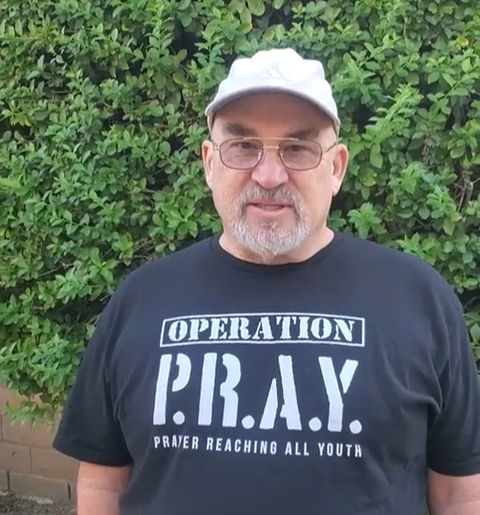234 Years Strong: America's Spiritual Backbone
- Judi Kenney

- Jul 3, 2025
- 2 min read
In the United States, we have proudly upheld the right and freedom to pray for 234 years. One of the key events in George Washington's presidency was the ratification of the First Amendment to the Constitution. The first ten Amendments to the Constitution are collectively known as the Bill of Rights, which includes the First Amendment approved on December 15, 1791.

The First Amendment to the Constitution safeguards our right to pray, both individually and collectively, as an integral part of the broader freedom of religion. This right extends to public spaces, including public schools, provided it does not disrupt school activities or infringe upon the rights of others.
Congress shall make no law respecting an establishment of religion, or prohibiting the free exercise thereof; or abridging the freedom of speech, or of the press; or the right of the people peaceably to assemble, and to petition the Government for a redress of grievances.
The First Amendment guarantees the free exercise of religion, meaning individuals can practice their faith without government interference. Public school students have the right to pray individually or in groups, as long as it's not disruptive or coercive to others.
While students can pray, public schools cannot endorse or promote any particular religion. Students cannot be forced to participate in prayer or religious activities.
Examples of Protected Prayer Activities:
Students can pray silently or out loud (as long as it's not disruptive) during non-instructional time.
Students can pray individually or in groups before, during, or after school.
Students can form religious clubs if other extracurricular clubs are permitted.
Students can engage in prayer during moments of silence.
Examples of Unprotected Activities:
A teacher leading students in prayer.
School officials endorsing or promoting religious activities.
Prayer that disrupts classes or school activities.
Coercing students to participate in religious activities.
In essence, the right to pray is a foundational freedom in our Nation, but it is also balanced by the principle of religious neutrality in public schools. With this being said, Operation PRAY exists to engage students in prayer on public grounds.
This Fourth of July, let’s celebrate the freedom to pray, speak up, and live our faith out loud.
Let us continue to partner with God and become One Nation Under God (again), and pass on the powerful gift of prayer to the next generation.







Comments